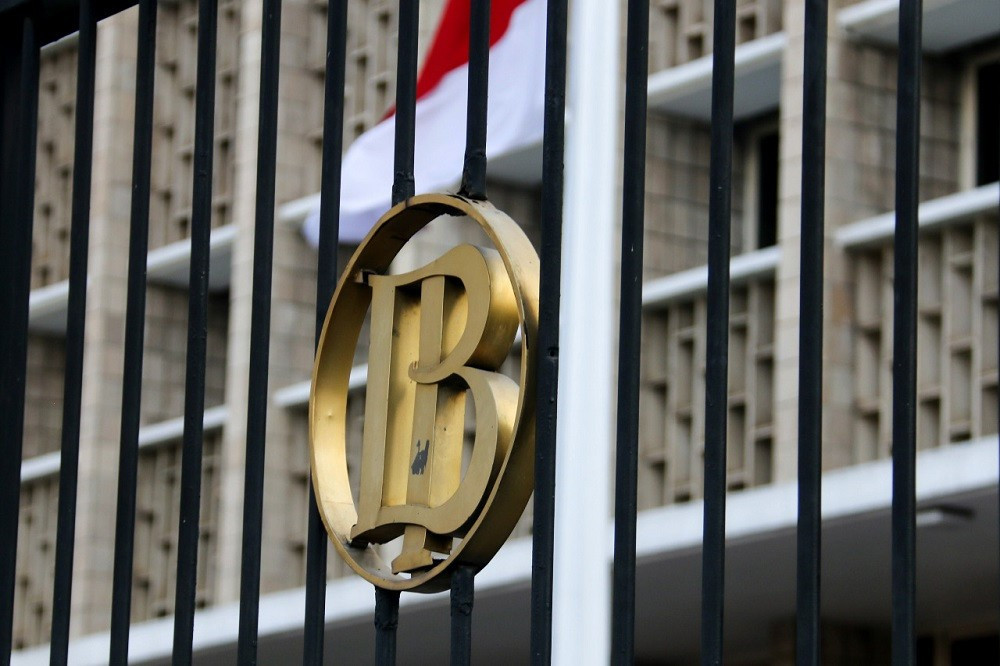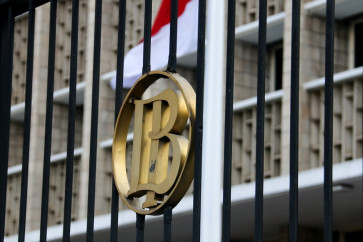Popular Reads
Top Results
Can't find what you're looking for?
View all search resultsPopular Reads
Top Results
Can't find what you're looking for?
View all search resultsBurden sharing: A short-term remedy, a long-term risk for BI
What does the policy mean for the future of Indonesia’s monetary credibility and institutions?
Change text size
Gift Premium Articles
to Anyone
W
hen Bank Indonesia (BI) announced that it would shoulder part of the government’s interest burden on sovereign bonds to finance housing and Red and White Cooperatives (KMP) programs, the policy was presented as a prudent and technocratic step. The BI governor stressed that everything remained within the framework of monetary programming, that domestic demand was still weak and that inflation would not be affected.
In the short term, this reasoning is defensible. With a still-negative output gap, depending on how you measure it, abundant excess liquidity in the banking system and low inflation, additional money creation does not immediately translate into higher prices. On the fiscal side, lower interest costs also provide extra room for maneuver.
Yet the real issue is not today, but tomorrow. The question is: What does this policy mean for the future of Indonesia’s monetary credibility and institutions?
Since 1999, Indonesia has secured central bank independence after the painful lessons of the Asian Financial Crisis. This reform allowed BI to focus on inflation targeting, build credibility and distance itself from political cycles. Burden sharing blurs that boundary.
It makes BI appear less like an independent guardian of price stability and more like a fiscal arm of the government. The greatest danger lies in precedent. If BI is tapped today to finance popular programs like housing and cooperatives, political pressure to expand it further will almost certainly follow tomorrow.
BI argues there is no inflationary threat because aggregate demand remains weak. This is true for now. But the room may be short-lived as the output gap starts to be positive. More importantly, financing fiscal deficits through money creation (seigniorage) is, in essence, an inflation tax. The effects may be delayed, but they are never eliminated.
Financial markets are forward-looking. Once investors believe that BI is losing independence, they will demand higher yields on Indonesian bonds. That in turn could weaken the rupiah and trigger imported inflation. Inflation expectations, even more than realized inflation, are dangerous because they shape behavior today.



















